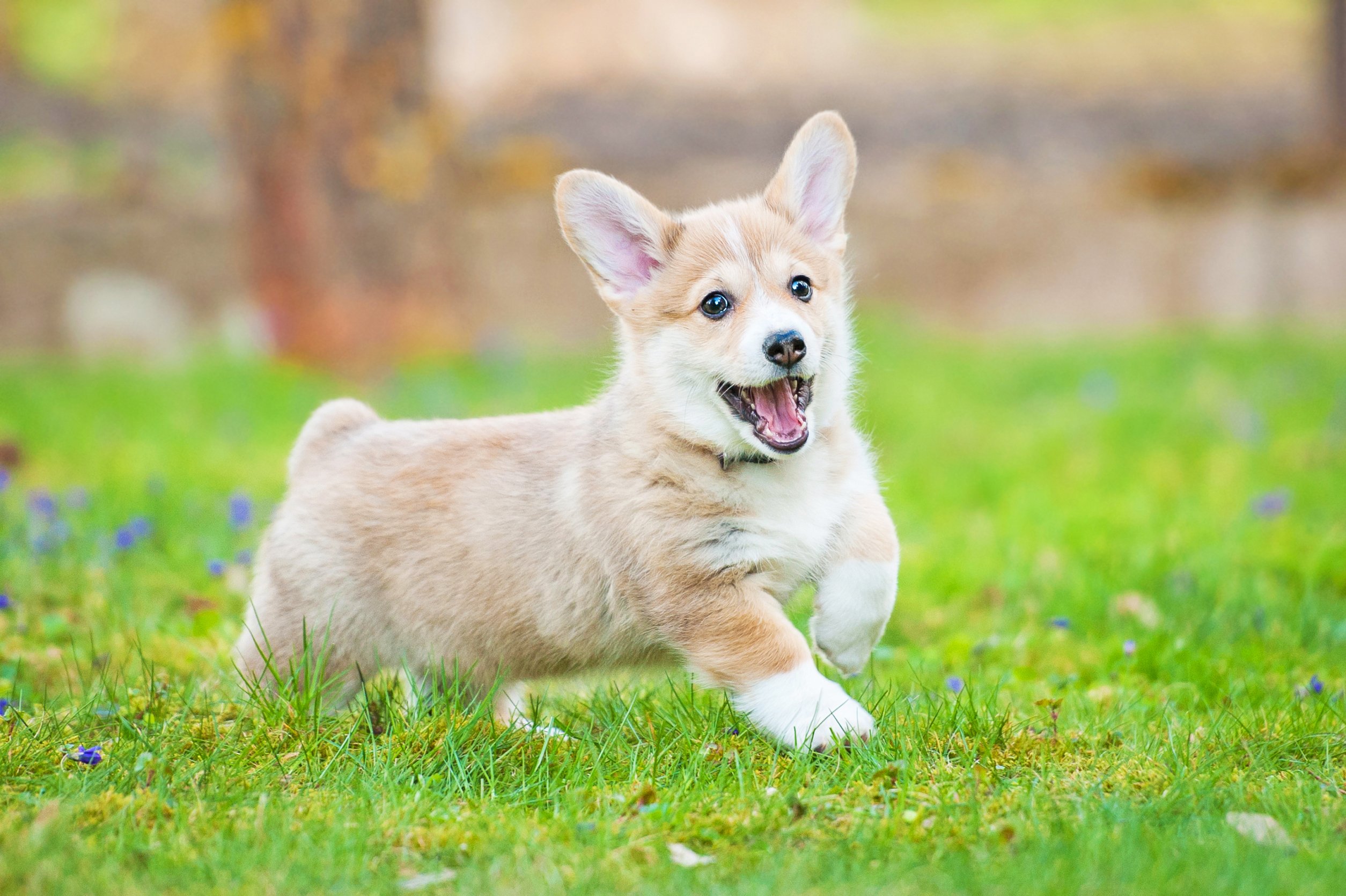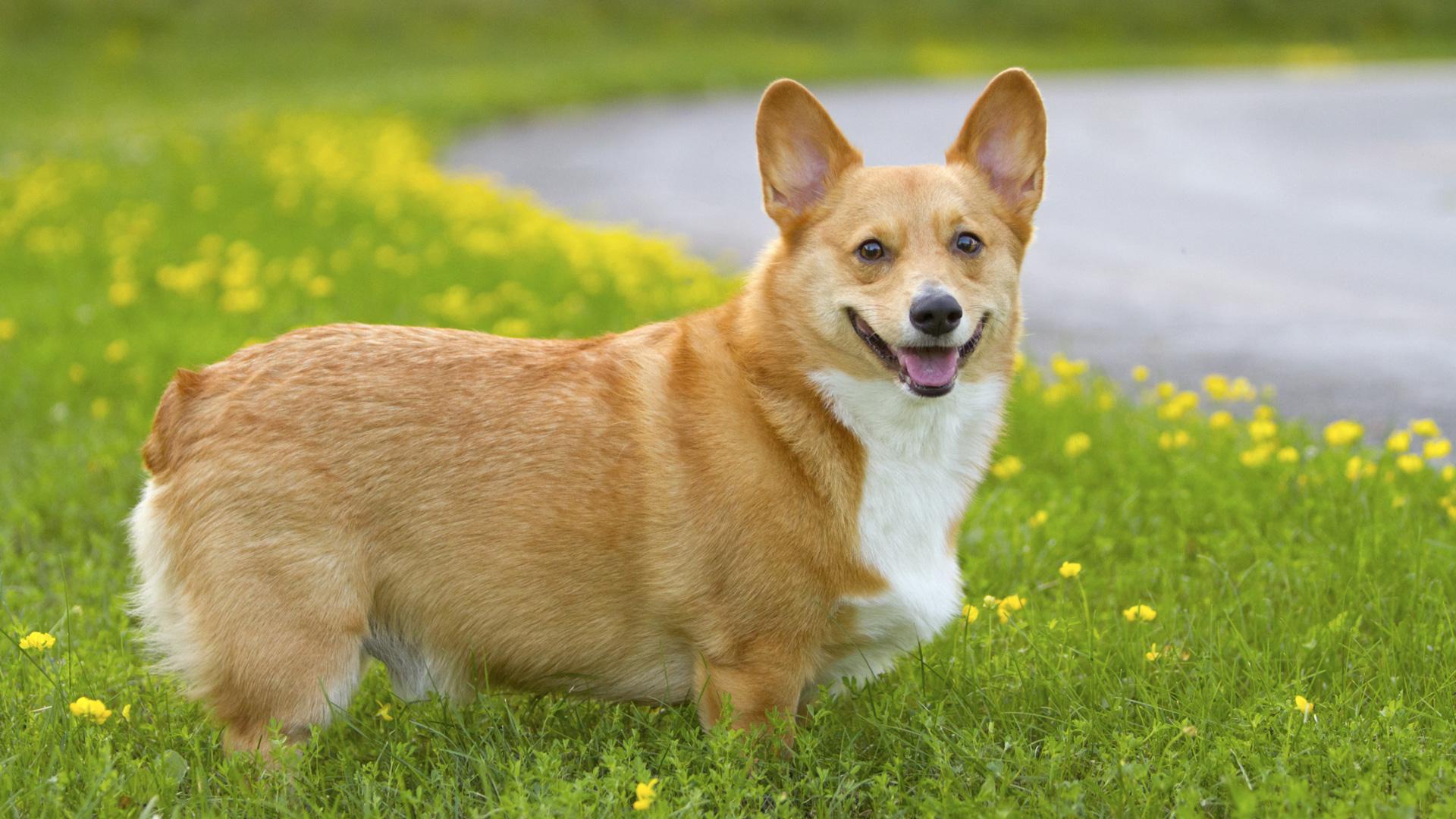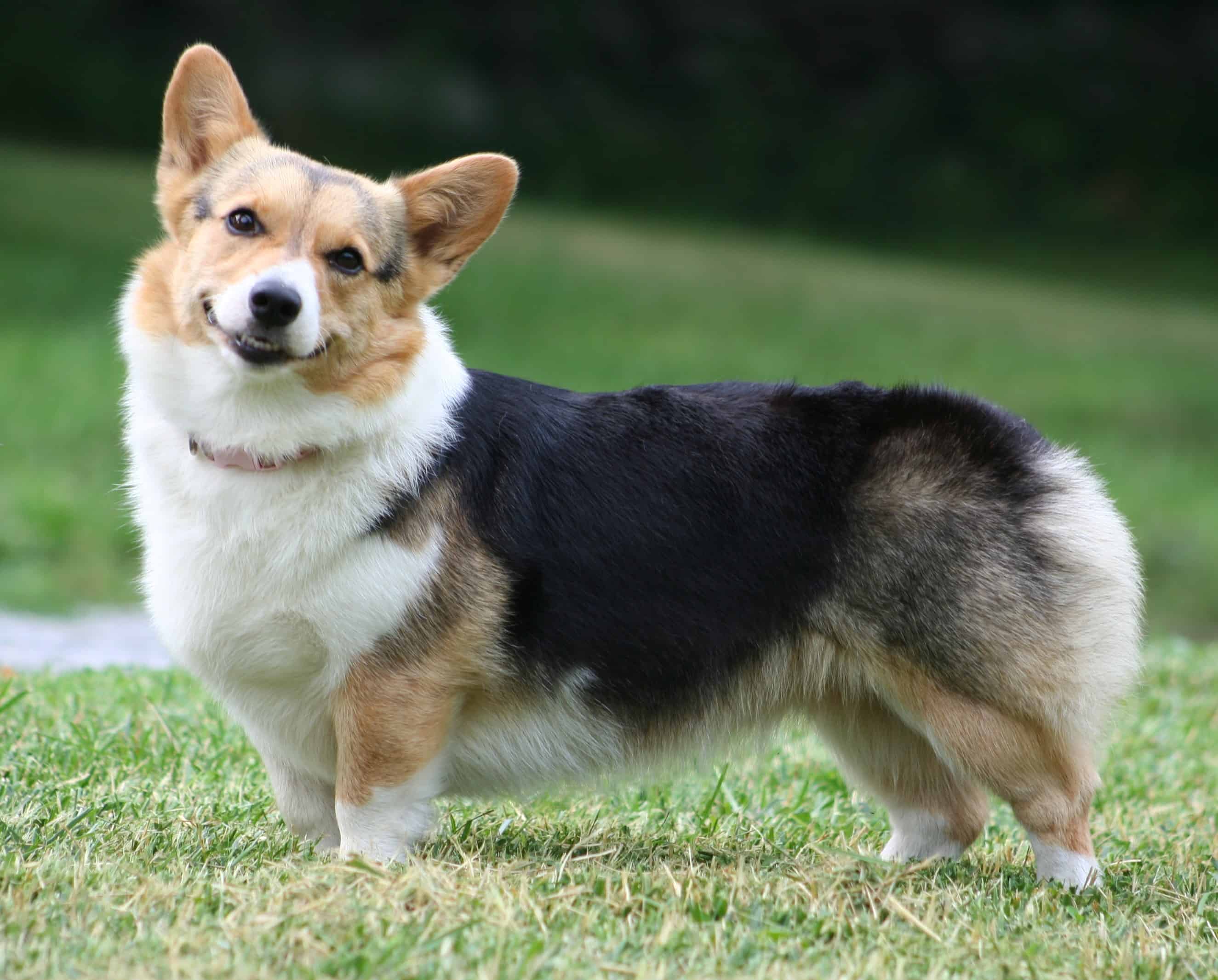Pembroke Welsh Corgis: A Comprehensive Examination of Endearing Short Tails
Introduction
The Pembroke Welsh Corgi, an iconic breed renowned for its short stature and captivating personality, boasts a distinctive physical feature that has garnered both admiration and curiosity: its stubby tail. While often associated with cuteness and charm, the tail is a subject of fascination and ongoing debate, raising questions about its origins, significance, and ethical implications. This essay delves into the complexities surrounding Pembroke Welsh Corgis and their endearing short tails, exploring the history, reasons, and potential drawbacks associated with this unique characteristic.
The Origin and Historical Significance of the Short Tail
Historical Accounts and Folklore
The exact origin of the Pembroke Welsh Corgi's short tail remains a topic of speculation, with various theories and legends contributing to its enigmatic history. Some accounts suggest that the tail was docked to prevent injury during herding activities, while others attribute the trait to a genetic mutation or a recessive gene. Regardless of its origins, the short tail became an integral part of the breed's identity and has been depicted in historical paintings and tapestries dating back centuries.
Functional Advantages
In the days when Pembrokes were primarily utilized for working purposes, particularly as cattle herders, the absence of a tail may have provided practical advantages. Herding dogs often work closely with livestock, and a tail could potentially get caught or injured during the process. Docking the tail removed this risk, allowing the dogs to perform their tasks more effectively.
Ethical Considerations and Modern Perspectives
Animal Rights and Welfare Concerns
In recent times, the practice of tail docking has come under scrutiny due to growing concerns over animal rights and welfare. Advocates argue that docking is an unnecessary and painful amputation, while opponents maintain that it serves a functional purpose and is an intrinsic part of the breed's heritage. The ethical implications of tail docking have sparked heated debates among veterinarians, breeders, and animal welfare organizations.
Veterinary Perspectives
Veterinarians play a crucial role in the tail docking debate, providing scientific evidence and clinical expertise. Some veterinary studies have suggested that tail docking can have long-term health consequences for dogs, including nerve damage, phantom pain, and potential behavioral issues. Conversely, others argue that docking can alleviate the risk of certain health problems, such as tail injuries and infections.
Breed Standards and Tradition
Breed standards, established by kennel clubs, play a significant role in shaping the physical characteristics of dogs. For Pembroke Welsh Corgis, the short tail is considered an essential breed trait, with dogs with docked tails being favored in show competitions. Traditionalists argue that upholding breed standards preserves the historical identity and cultural significance of the breed. However, critics question whether adherence to tradition should come at the expense of animal welfare.
Public Perception and Social Media Influence
Public perception and the influence of social media have also impacted the tail docking debate. Increasing awareness of animal welfare issues has led to growing opposition to the practice, particularly among younger generations. Social media campaigns and viral videos highlighting the potential harms of tail docking have contributed to shaping public opinion and influencing pet owners' decisions.
Tail Docking Alternatives and Tail Modification
Non-Surgical Options
Recognizing the ethical concerns surrounding tail docking, breeders and veterinarians are exploring alternative methods to achieve the desired aesthetic without resorting to amputation. Tail modification techniques, such as banding or splinting, can be used to shape the tail without causing permanent damage to the bone or nerves. While these methods are less invasive than traditional docking, they still require veterinary supervision and may not be suitable for all dogs.
Breeding for Natural Bobtails
Another potential solution is breeding for naturally bobtailed Pembrokes. This involves selectively breeding dogs with a genetic mutation that results in a naturally short tail, eliminating the need for docking. However, this approach may take multiple generations to achieve the desired outcome and could disrupt the existing gene pool.
Conclusion: Balancing Heritage, Welfare, and Ethical Concerns
The Pembroke Welsh Corgi's short tail presents a complex and multifaceted issue that raises questions about animal welfare, historical significance, and the evolution of breed standards. While the short tail has been an integral part of the breed's identity for centuries, concerns over its ethical implications have led to ongoing debates and a shift towards alternative approaches. As we navigate these complexities, a balanced approach is required, considering the historical and functional aspects of the breed while prioritizing animal welfare and respecting modern ethical standards. By engaging in thoughtful discussions and supporting responsible breeding practices, we can ensure the well-being and preservation of this beloved breed for generations to come.
The Rottweiler’s Unique Personality: Why They’re So Special
How Golden Retrievers Became Icons Of Pop Culture
Are American Bobtail Cats Hypoallergenic?



)